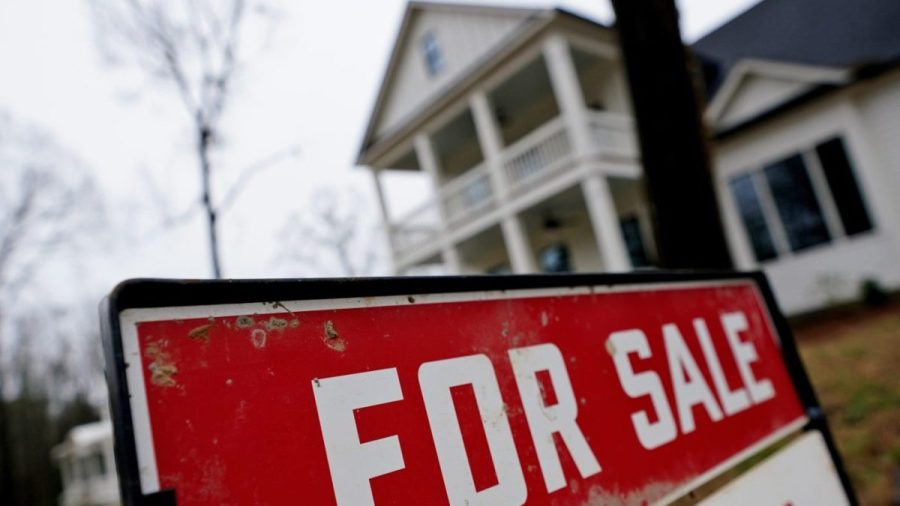(NewsNation) — If you’re venturing into real estate or looking to close a mortgage, you might come across the term “in escrow” on your financial journey.
Escrow can refer to multiple things in the finance world, whether it’s accounts during the home buying process or a state of being for unsold property. So, what exactly is it?
‘In escrow,’ explained
Escrow is a financial arrangement where a third party — often referred to as an escrow agent — holds funds or assets for two parties, often until certain conditions are met and a transaction between the two is complete.
Items held in escrow can include property, money, valuables, stocks and much more.
Mortgage calculator: Calculate your monthly payment
When a property is in escrow, the buyer is not allowed to occupy the home or take possession of it, essentially protecting sellers.
But it also protects home buyers, with escrow accounts holding funds for taxes and homeowner’s insurance throughout the buying process and subsequent mortgage term.
Types of escrow accounts
According to RocketMortgage, escrow accounts are typically used for two purposes:
Home buying
Taxes and insurance
Typically, accounts are set up during the mortgage closing. Here’s how they’re used:
Home buying escrow accounts
Holds good faith deposit (earnest money)
Deposit is then removed from the account and applied to the down payment if the sale is successful
What are the pros and cons of an adjustable-rate mortgage?
Insurance escrow accounts
Established once a home is purchased
Mortgage servicer puts a portion of the mortgage payment into an escrow account until taxes and insurance are due
Account evaluated yearly to make sure appropriate amount is taken monthly
What goes into a monthly mortgage payment?
The basic components of a monthly mortgage payment are PITI: Principal, Interest, Taxes and Insurance.
Principal or Loan Amount: The amount you borrow from a lender to buy a home. Each month, a portion of your payment goes toward repaying that loan. Over time, those payments lower your mortgage balance until the loan is fully repaid.
Taxes or Annual Property Tax: Typically, your monthly mortgage payment will include property taxes, which are calculated by the government and based on your home’s value. These payments are generally put in an escrow account and then your lender pays them on your behalf when they’re due.
Consumer sentiment dips after two monthly gains
Homeowner’s insurance: This protects you and your lender if there’s damage to your home, like a fire or burglary. Your mortgage payment usually includes one-twelfth of the annual cost, which goes into an escrow account. When your insurance is due, the lender pays from that account.
Private mortgage insurance: If your down payment is less than 20%, there’s a good chance you’ll have to pay for mortgage insurance, which protects the lender if you can’t keep up with your monthly payments. As with property taxes and homeowners insurance, you’ll pay one-twelfth of your annual premium each month into an escrow account.
NewsNation’s Andrew Dorn contributed to this report.
